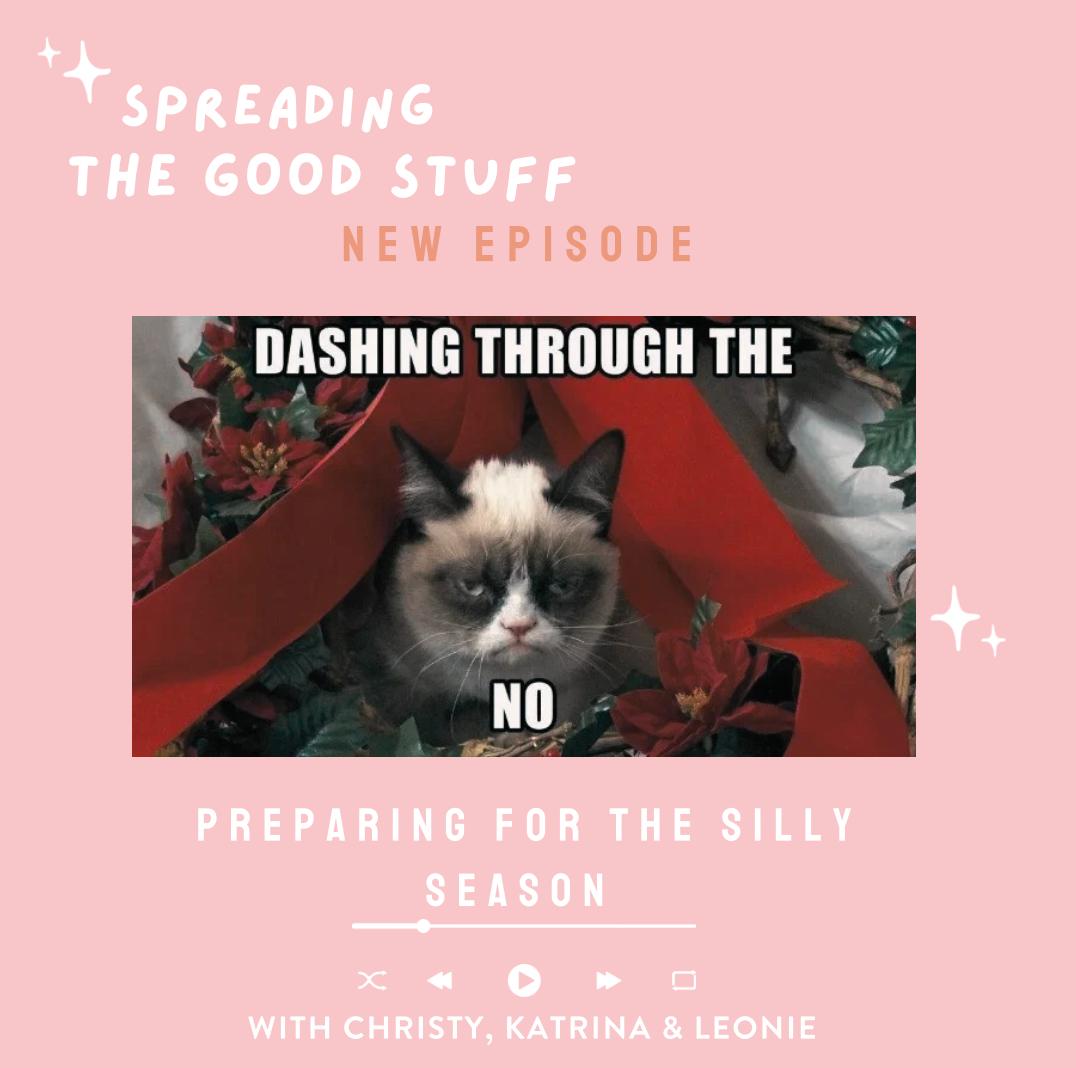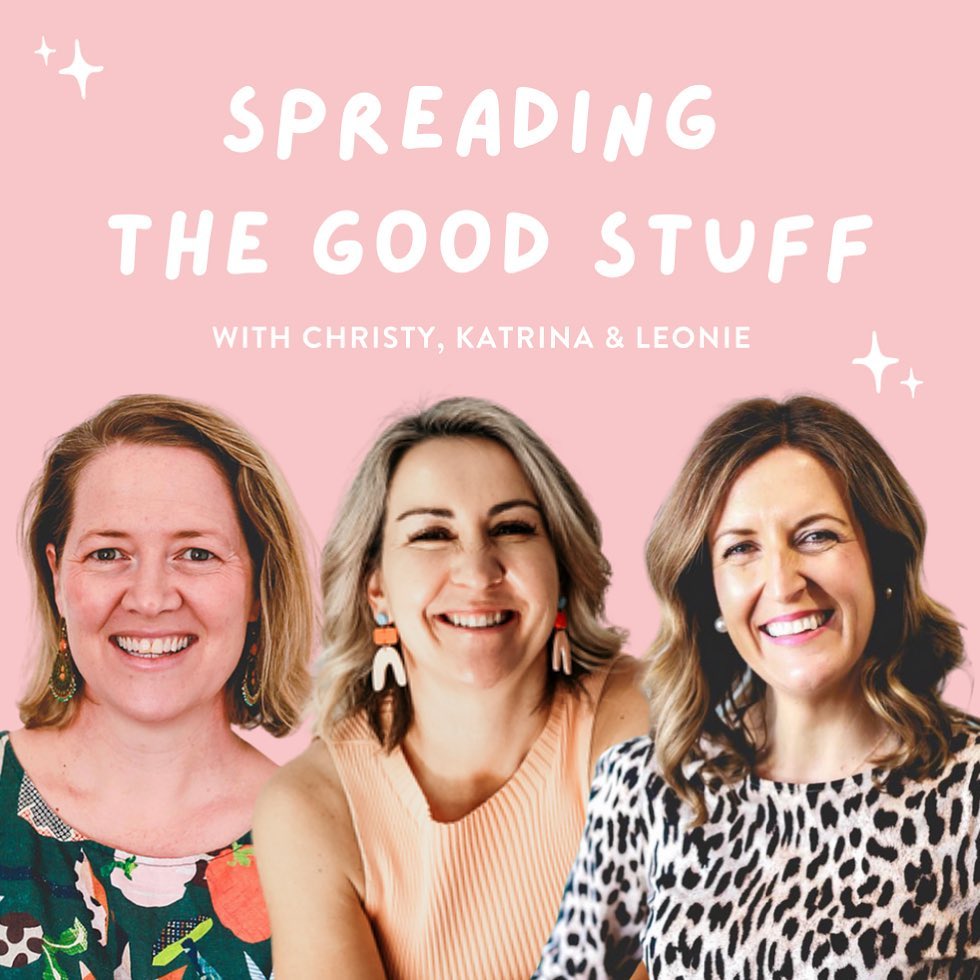Do blogs freak you out?
We know blogs freak people out as many of our clients tell us they’re overwhelmed by fear that they don’t have the content or ability to tackle writing one.
Let’s start at the beginning…
What is a blog?
Put simply, a blog is a story about your business, your project or just your ‘thing’. So if you’re knowledgeable about your stuff then you should have plenty of fodder to consider for a regular blog. And remember, it’s not an advertisement but a conversation about what you do.
Content is king!
The content of your blog is super important and should always serve a purpose: an interesting story about you, intimate background knowledge about your product, relevant industry information, profiling your people, or sharing your thoughts on the subject. You must tap into the heart and soul of your business for genuine content and don’t be fooled into doing what’s trending. Write about who you are and what you’re doing. This stuff will always stack up against the bullshit metre.
How long should it be and what about SEO?
It’s important to keep your blogs punchy, to the point, and around 500 words. Who has time to sit and read 2000 words on anything?
Also, ensure your headline is a good one – clever and grabby (aka click bait) – and consider how this heading works with your SEO (search engine optimisation). There’s no point writing a smashing blog if your tribe can’t find the story you’re trying to share. We’ll talk more about SEO, key words, readability and the dreaded Google algorithm another day – there’s another blog waiting to be written!
Some tips to get you started:
- Be consistent with your blogs – don’t write a bunch and disappear for months on end. Have a plan and stick to it, but don’t set yourself up for failure – monthly is a good place to start.
- Brainstorm a list of blog ideas as a guide to follow, therefore you won’t panic and grab any irrelevant or meaningless content at the last minute.
- Have rules around branding blog content (blatant plugs) and lean towards more personal-based stories. Don’t adopt a pushy ‘would you like fries with that’ image or your readers will be put off.
- Be careful what you promise in your blogs and don’t make stuff up.
- Get it out there! Don’t sit around waiting to write the absolute perfect, best-ever blog. Do your best, check for mistakes, and upload the thing! If you stick to your plan you’ll have the next blog, and all the others that follow, to perfect your craft.
- If you happen to borrow some words, ideas or images from somewhere or someone online PLEASE be a good digital citizen and always attribute the source.
Finally, before you hold your breath and upload your blog, promise you’ll always read through your words thoroughly. Don’t just cross your fingers and hope for the best or rely on any old Americanised spell check. If you’re really worried about the content of your blog have someone read over your work to pick up any mistakes.
Good luck and happy blogging!
Christy xo
Sources: These are my words, however I did some research while preparing them and would like to acknowledge the following sources: James Debono, Big Thinking Online – facilitator of small business growth, internet marketing, SEO and great customer service.
Aaron Aders is co-founder and chief strategy officer of Indianapolis-based Slingshot SEO, a national leader in online marketing, planning, and execution. The image pictured was sourced from: blog.locomote.com



